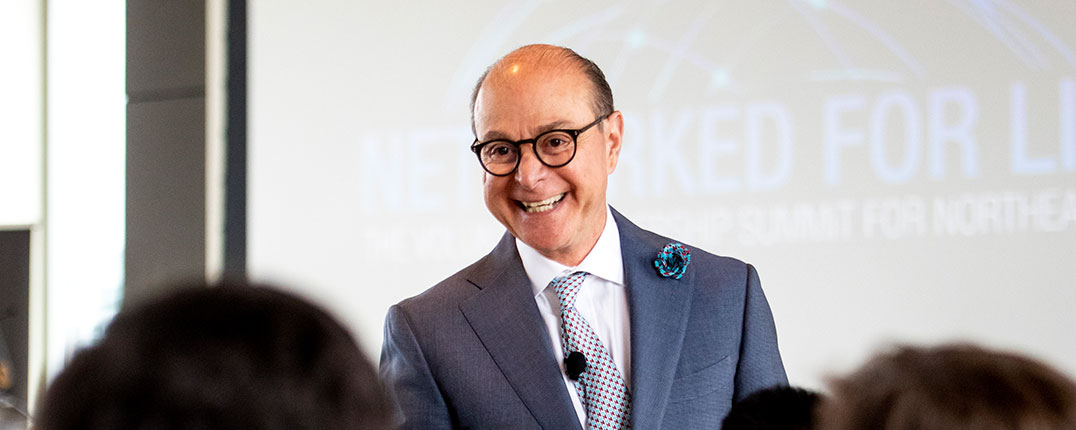The other day, you received a copy of the University’s Equal Opportunity Policy, which we send to all faculty, students, and staff each year. I ask that you take the time to reread this statement as a reminder of the importance of fostering inclusiveness in our shared work and lives.
We were all shaken in recent days by the hate-filled, racist graffiti on our campus. The suspect, who was identified within days, is not a Northeastern student, and he will be prosecuted. That incident nevertheless spurs us to examine our progress towards providing a welcoming environment in all that we do academically, professionally, and socially.
There has been real and steady progress in two important areas at Northeastern: the hiring of new faculty and the recruitment and retention of our student body. Although we are still in the midst of the current hiring cycle, I am pleased to announce that this fall we will welcome the most diverse entering group of outstanding new faculty members in Northeastern’s history. Of the 30 new tenured and tenure-track faculty hires who have already committed themselves to joining Northeastern next year, 50 percent are women and 20 percent are African-American or Latino/a.
As many of you know, we also received our largest and most diverse pool of student applications for entrance this fall. The University has seen a considerable surge in the number of African-American and Hispanic applicants, and our admissions team reports that Northeastern’s vibrant community is one of the many reasons they want to come here. We are striving to keep that promise of welcome and support to all of our students, and as one measure of our success, the six-year graduation rate for both African-American and Hispanic students has more than doubled over the past ten years.
We are heartened by this progress, but not satisfied. The Committee for Harmony, Inclusion, and Justice will be releasing a report by the end of this term that will address some of the ways in which we can build on our progress. Compiled with the assistance of a variety of our constituents—including members of our faculty and student leadership, members of the provost’s office, the offices of the deans of the colleges, University staff, and department chairs—the report will outline systemic changes intended to widen and deepen our collective accountability for realizing our goals.
I urge you to join me in seizing this opportunity for us to shape a more welcoming community. We must do everything in our power to provide to all the opportunity for transformation inherent in higher education. Together, we must do more to advance our commitment to the ideals upon which our academic community can thrive to its fullest potential—the ideals of an open society. In such an open society, opportunity, freedom of thought, and inclusiveness are essential ingredients. Without these there can be no genuinely open society, and therefore no truly successful university.


